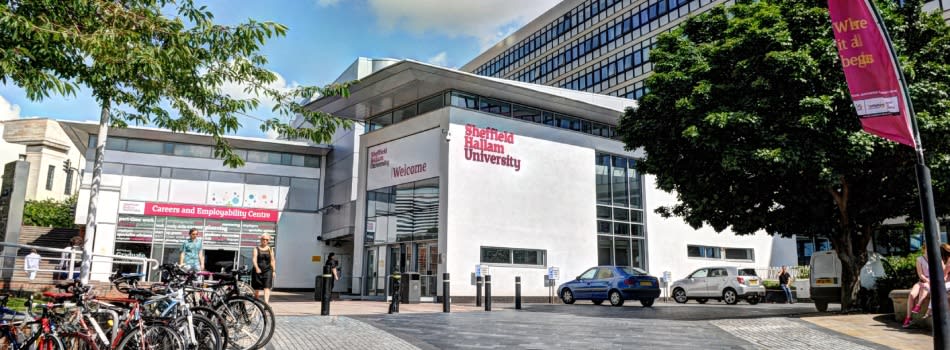The ever-increasing trend towards portable electronic devices, electric vehicles and other emerging technologies demands new energy storage devices. Batteries are well-established in applications requiring high energy density, however they are unsuitable for pulse power applications, because of slow charge-discharge rates. The key to circumvent this limitation relies in the use of a family of materials known as Ferroelectrics. These are materials that exhibit spontaneous polarisation combined with high charge-discharge rates. The most commercially successful ferroelectric is barium titanate (BaTiO3) and is employed in the fabrication of multilayer ceramic capacitors (MLCCs) found in the circuits of mobile phones, laptops and many other devices. Currently, more than 3 trillion BaTiO3-based MLCCs are annually manufactured. These capacitors exhibit intrinsically high energy density and faster charge-discharge rates than Lithium-ion batteries. Nevertheless, BaTiO3 capacitors are no longer able to address all the requirements imposed by emerging technologies. Their energy density is too low and new materials are required for new viable energy storage technologies. Pb-based ceramics made from a La-doped lead zirconium titanate, emerged as potential contenders, because they afford good energy densities. Nevertheless, concerns revolving around their toxicity have been discouraging their application in consumer electronics. Hence, this project is devoted to the discovery of sustainable and environmentally friendly Pb-free ceramics exhibiting high power densities, and their translation into energy storage devices. Unexplored crystal-chemistry concepts in Pb-free perovskites (NaNbO3, Bi0.5Na0.5TiO3) will be investigated to realize these materials and devices.
This project will be supported by state-of-art characterization techniques such as Transmission Electron Microscopy, AFM-Raman Spectroscopy, In-situ X-Ray Diffraction, but also by processing facilities suitable for the fabrication of prototypes. The project has several national and international collaborators.
Eligibility
Information on entry requirements can be found on our GTA program page
How to apply
We strongly recommend you contact the lead academic, Dr Iasmi Sterianou, [Email Address Removed], to discuss your application.
Please visit our GTA program page for more information on the Graduate teaching assistant program and how to apply. Any questions on the graduate teaching assistant programme requirements can be addressed to the postgraduate research tutor for this area which is Dr Xu Xu ([Email Address Removed]) or Dr Francis Clegg ([Email Address Removed])
Start date for studentship: October 2022
Interviews are scheduled for: Late June – Early July 2022
For information on how to apply please visit our GTA program page
Your application should be emailed to [Email Address Removed] by the closing date of 31st May 2022.

 Continue with Facebook
Continue with Facebook




